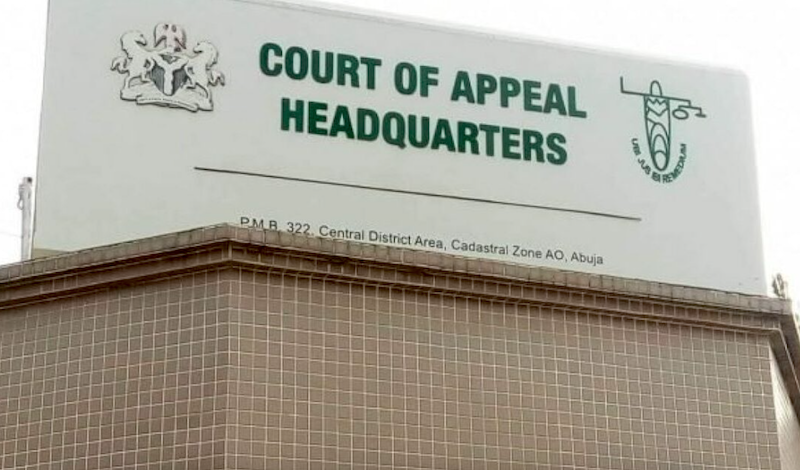The Appeal Court, Lagos Division, on Monday, reserved judgement in three separate appeals challenging the election of Rt Hon Sheriff Oborevwori as the Governor of Delta State.
TheNewsGuru.com (TNG) reports the appeals were filed by the governorship candidates of the All Progressives Congress (APC), Senator Ovie Omo-Agege; Social Democratic Party (SDP), Kenneth Gbagi, and the Labour Party, Ken Pela
The three-member panel presided over by Justice Hamma Barka reserved judgement in the three appeals after taking submissions from counsel for all the parties.
Other members of the panel are Joseph Olubunmi Oyewole and Justice Hadiza Shagari.
Recall the Independent National Electoral Commission (INEC) had declared Oborevwori, as the winner of the governorship election in Delta State in February.
Oborevwori polled 360,234 votes to defeat his closest rival, Omo-Agege who scored 240,229 votes.
But dissatisfied with the outcome of the election, the appellants challenged Oborevwori’s emergence as Governor.
The Delta State Governorship Election Petition Tribunal sitting in Asaba, had upheld Oborevwori’s election.
In its judgement, the three-member tribunal led by Justice C. H. Ahuchaogu dismissed Omo-Agege’s petition for lack of merit.
The tribunal also dismissed the petitions by LP’s Ken Pela and Kenneth Gbagi of the SDP for their inability to prove their allegations of overvoting, among others.
It held that the petitioners failed to prove allegations of non-compliance with the Electoral Act and over voting beyond reasonable doubt.
On the issue of overvoting as alleged by Omo-Agege, the tribunal held that to prove the allegation, a BVAS report must be produced.
“Leave was granted to the petitioner to inspect BVAS but no BVAS report was provided. The tribunal wonders why the petitioners failed to produce the BVAS report.
“Tribunal agrees with the respondent’s argument. By Supreme Court judgment, BVAS is mandatory to prove over-voting.
“BVAS was not produced but they tried to use other documents. The petitioner cannot circumvent the BVAS, as the report of examination of the back-end server cannot replace the BVAS.
“This report is held to be irrelevant. Flowing from above, the report is inadmissible to prove over-voting,” the tribunal ruled.
